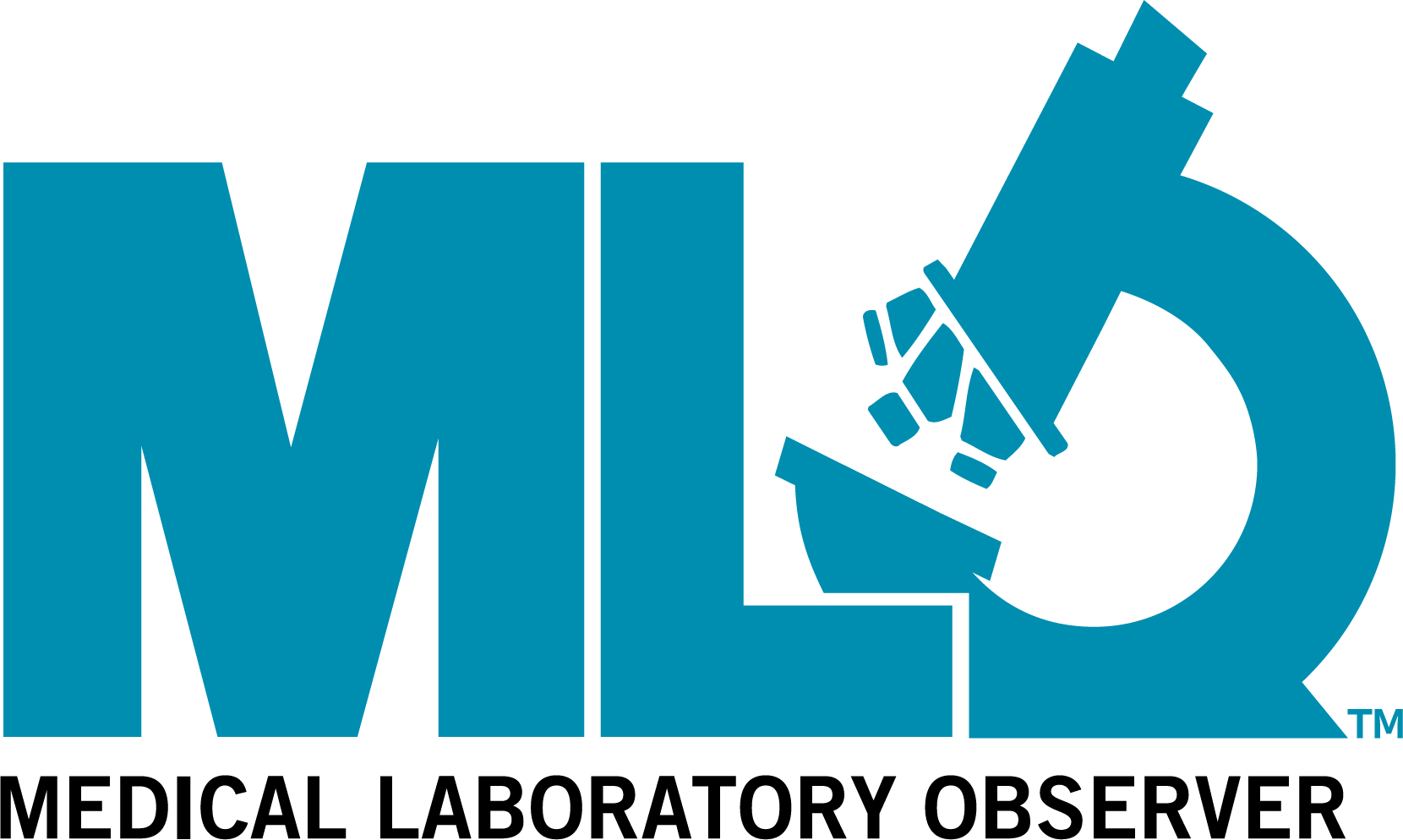October 13, 2023
Biotech in a time of war
.png)
Original source here.
War has affected every aspect of life in Israel, but its biopharma leaders are determined to work through the adversity. They view their ability to continue to operate in the midst of war as evidence of the country’s resilience, a symbol of defiance, and a way to remind the world of the outsized role Israel plays in the global life sciences ecosystem.
In conversations with BioCentury, Israeli biotech CEOs and investors stressed a determination to minimize the impacts of the conflict on their companies. At the same time, they acknowledged the trauma their employees and families are experiencing, as well as the effects of continuing attacks, mobilization of key personnel, and travel disruptions.
The experiences of the CEOs of Israel’s hundreds of start-up biotechs in the six days since Hamas attacked its southern border illustrate the ways the industry, and the country, are simultaneously responding to the most serious security challenge the nation has faced in decades while advancing science and medicine.
Ofer Sharon, the CEO of OncoHost Ltd., and Yogev Debbi, co-founder and CEO of Mana.bio are examples of the industry’s responses to the war. Like many others throughout Israel, Sharon reported to duty this week as a reservist in the Israel Defense Forces. In addition to contributing to efforts to support individuals affected by the war, Debbi’s company announced the completion of a seed funding round on Oct. 10.
Another Israeli company, MediWound Ltd. (NASDAQ:MDWD), announced that it has deployed its entire inventory of NexoBrid anacaulase, a biological product that treats wounds, to hospitals and the military.
The Israeli biotech sector is intertwined with the global industry, and like those in other fields, its employees care deeply about their relationships with and reputation among peers internationally.
Outside Israel, Albert Bourla, chairman and CEO of Pfizer Inc. (NYSE:PFE) has been outspoken in his condemnation of Hamas and support for Israel in public statements and in communications to company employees.
Some other pharmaceutical companies have issued statements, but the industry’s most prominent leaders and the trade associations their companies control have not come close to matching Bourla’s expressions of concern and commitment to action.
‘They all know someone who was killed’
In a country that is inured to violence, the horror and scale of this week’s attacks stand out.
“Everybody knows people personally who have been affected directly and horribly; on every Zoom meeting there are people crying,” said Anat Naschitz, co-founder and CEO of biopharma marketplace 9xchange and a former venture partner at OrbiMed. “They all know someone who was killed, someone who was kidnapped, or someone who is in the army.”
Yaniv Erlich, CEO of Eleven Therapeutics Ltd., told BioCentury, “I’m devastated. As a scientist, I want to produce molecules that save people’s lives. I’m hearing horrible atrocities, things that as a grandchild of holocaust survivors, I wouldn’t imagine I’d ever hear about.”
At the same time, Erlich, who has 30 employees split between Israel, the U.K. and the U.S., said that “we have this belief in Israel in general that the show must go on. It is partly for our sanity. And it is a way to show international companies that we can keep operating toward our mission.”
From a business perspective, the impacts of the war on the about 500 start-up biotech companies in Israel will be short-term, David Sidransky, co-founder and managing partner of the Israel Biotech Fund, told BioCentury.
“From a company point of view there are challenges,” Sidransky said. “The first are the immediate security challenges. The number of missiles being sent into Israel means you have to be close to a protected area, and you have to be prepared to run into a protected area. This is disruptive. On a day-to-day level that kind of physical security threat weighs on you.”
During an international meeting on Zoom this week, Erlich recalled that one of his employees “suddenly said there’s a siren, he had to run to shelter. Ten minutes later he came back and continued his presentation.”
“We have this belief in Israel in general that the show must go on.”Yaniv Erlich, Eleven Therapeutics
While locations anywhere in Israel can be hit by rockets, facilities that are close to the border with Gaza are especially vulnerable, Sidransky said. He noted that Gamida Cell Ltd. (NASDAQ:GMDA) has a manufacturing plant in Kiryat Gat, which is about 18 miles from the Gaza border.
In a statement issued Oct. 7, Gamida Cell said it planned to keep facilities in Israel open “for essential employees and manufacturing.” On Oct. 9, the company’s president and CEO, Abigail Jenkins, stated that all of Gamida Cell’s employees were safe, and that it is “committed to serving our customers and patients and our manufacturing facility is operational.”
Other Israeli biopharma companies have made similar commitments.
In a statement sent to BioCentury on Oct. 11, Teva Pharmaceutical Industries Ltd. (NYSE:TEVA; Tel Aviv:TEVA) said it is “deeply saddened by the unprecedented, horrific, and brutal attacks on Israel and Israeli civilians, including women and children,” and that it is “focusing now on the support, care, and the wellbeing of our employees in Israel while closely monitoring the situation and ensuring business continuity to deliver our medicines to the millions of patients around the world who count on us.”
Teva said it doesn’t “expect a meaningful impact on our business and/or our financial and operational performance. Teva’s revenues in Israel last year account for approximately 2% of our global revenues and 8% of total global production.”
Another operational challenge, Sidransky said, stems from the fact that “Israel essentially has a civilian army. Everyone goes into the army and reserves, so every aspect of society is affected. The work population is drastically reduced during the war.”
All of the challenges, Sidransky emphasized, are short-term. “We invest long-term. Anything short-term is a blip in terms of how we think of things, and it doesn’t affect our investment strategy.”
“Israel’s main strength is in start-ups, innovation, out-of-the-box ideas, not established biopharmas with marketed products,” Sidransky said. “My hope over time is that the ecosystem will grow to sustain companies that are making drugs.”
Announcing funding during a war
Several biotech CEOs told BioCentury they view their work as critical to Israel’s future.
“I asked myself early on Saturday, what would be the best way for me to contribute, myself and also as the CEO of a company,” Mana.bio CEO Debbi said. “One of the things that occurred to me is that it’s not only that we need to win the battle — and we will — but we also have to win the second war, which is really to keep Israel at the front of science and technology. That means keeping business going as usual, making sure that we’re still making progress, making a positive impact in the world.”
Debbi said he told his staff they should “bear in mind that whatever you do as part of the company, it also helps the world. That’s something they connected to, and I think other CEOs as well have this kind of mindset.”
Mana.bio had been planning for weeks to announce on Oct. 10 the completion of a $19.5 million seed financing round, and to launch an international initiative to publicize its technology.
Starting Saturday, “it was a dilemma whether we should move forward or not. Every day, every hour, we debated whether we should do it or not,” Debbi said. He worried that promoting his company may be seen as “dishonorable for us to be dealing with this while people are in a war.”
He decided to proceed, in part to “send the strongest message possible” to the company’s partners and the world that “while we're dealing with this situation and it probably impacts the project, we are still committed to the project.”
The response, from Israel and globally, has been positive, Debbi said.
Another Israeli biotech company, SciSparc Ltd. (NASDAQ:SPRC), announced a $5 million private placement on Oct. 11.
Outside support
“I have eight portfolio companies in Israel, the majority of them around Rehovot and the Weizmann Institute,” Gita Reinitz, a Tel Aviv-based principal at NFX Bio, a venture firm with offices in Israel and the San Francisco Bay Area, told BioCentury. “Cell culture is being cultured in between running to air raid shelters, scientists are filling in for colleagues who have been called up” to serve.
As of Oct. 12, more than 70 funds and companies and 135 individual investors and executives have publicly expressed support for Israel, Reinitz noted, citing a website that lists VCs and other companies that have condemned the Hamas attack. “It is very encouraging when we get support from outsiders because there’s always an underlying fear that we’ll become a kind of pariah.”
Among the biopharmaceutical companies with statements about the war, Novartis AG (SIX:NOVN; NYSE:NVS) said in response to a query from BioCentury that it “condemns the terrorist actions and any kind of violence.” It added that the company’s priority is the safety and health of the about 200 Novartis employees who work at its Tel Aviv offices.
Pfizer’s Bourla has been more blunt and specific than his peers.
“Terrorist actions that are geared towards inflicting bloodshed, harm and death are antithetical to our work and to our values,” Bourla wrote in a public letter to Pfizer employees distributed a few hours after the world learned of the Hamas attacks. “We stand squarely against those reprehensible actions, and in support of those who they have targeted, wounded, and killed.”
“We also have to win the second war, which is really to keep Israel at the front of science and technology.”Yogev Debbi, Mana.bio
On Oct. 10, Bourla wrote another letter, stating that when he had written previously, he “couldn’t image the full magnitude of the horrors yet to be discovered: civilians of all ages targeted and killed in cold blood, hostages taken and tortured, victims paraded through the streets.”
Bourla added: “It is not enough to condemn these actions as being antithetical to the virtues we hold as individuals and as a company—we must take action.” Pfizer is matching employee contributions to humanitarian relief organizations. The Pfizer Foundation “is in active discussions with our partner NGOs on the ground to determine if additional support is required,” Bourla wrote, and the company is working with humanitarian and logistics partners “who continue to assess the need for medicines and vaccines, and where Pfizer can provide support.”
Other biopharma CEOs have also made strong statements.
John Crowley, executive chairman of Amicus Therapeutics Inc. (NASDAQ:FOLD), posted a statement about the war, quoting Nobel Peace Prize winner Elie Wiesel: “We must always take sides. Neutrality helps the oppressor, never the victim. Silence encourages the tormentor, never the tormented.”
Bourla and Crowley are outliers, Jeremy Levin, chairman and CEO of Ovid Therapeutics Inc. (NASDAQ:OVID) and a former CEO of Teva, told BioCentury.
Levin said that he’s surprised and disappointed that the industry’s response hasn’t matched the statements and actions following Russia’s invasion of Ukraine.
“The silence has been deafening,” Levin said. “I believe silence is acquiescence.”
Levin is leading an initiative that is returning high priority reserve officers to Israel who were outside the country on Oct. 7. He is also coordinating assistance for the families of people who were brutalized and kidnapped by Hamas, and working with volunteers “to make the world aware though media what is going on in Israel.”
Levin’s goal, he said, “is to help in the overall strategic goal of defeating Hamas, and bolstering those who are loved.”




